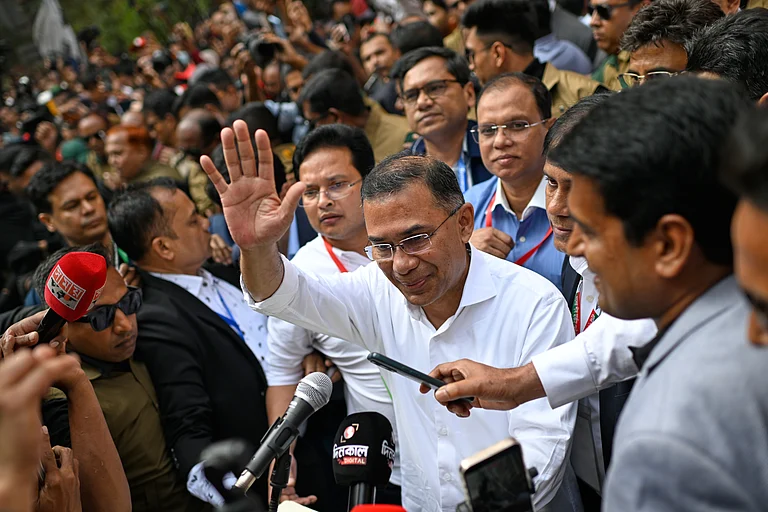India took part in a two-day meeting held in Vienna, orchestrated by a neutral expert, as part of ongoing efforts to resolve a dispute between India and Pakistan concerning the Kishenganga and Ratle hydroelectric projects situated in Jammu and Kashmir.
Senior Advocate Harish Salve represented India as its lead counsel during the proceedings, as confirmed by the Ministry of External Affairs (MEA).
According to the MEA, "A delegation from India, led by Secretary, Department of Water Resources, attended a meeting of the neutral expert proceedings in the Kishenganga and Ratle matter at the Permanent Court of Arbitration in Vienna on September 20 and 21."
The MEA clarified that the meeting was convened under the aegis of the Indus Waters Treaty and was attended by representatives from both India and Pakistan, PTI reported.
India's participation in this meeting aligns with its consistent and principled stance that, according to the graded mechanism outlined in the Indus Waters Treaty, the neutral expert proceedings constitute the only valid course of action at this stage.
The MEA further emphasized, "It is for this reason that India has taken the Treaty-consistent decision to not participate in the parallel proceedings being conducted by an illegally constituted Court of Arbitration on the same set of issues pertaining to the Kishenganga and Ratle hydroelectric projects."
The neutral expert proceedings are currently in progress and are expected to continue for some time, and India reiterates its commitment to engage constructively to resolve the issues in accordance with the provisions of the Indus Waters Treaty.
It's worth noting that India has refrained from cooperating with the Court of Arbitration process to address the dispute, contending that the initiation of two concurrent processes violates the provisions of the three-step graded mechanism prescribed in the Indus Waters Treaty.
India remains steadfast in its pursuit of resolving the dispute through the neutral expert proceedings.


























